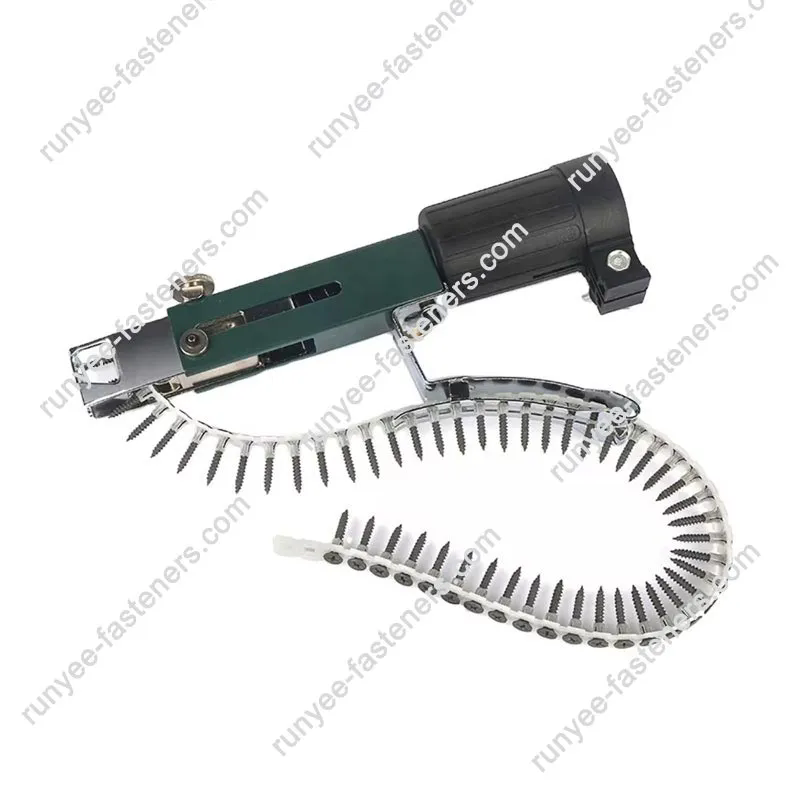Why Are Drywall Screws Essential for Your Next Construction Project?
2024-12-03
When it comes to construction and home improvement, the right fasteners are key to ensuring durability and safety. Among the many types of screws available, drywall screws have earned a special place for their effectiveness and reliability in securing drywall to framing. But what makes drywall screws so essential for construction projects? Let’s take a closer look at why they are a must-have in your toolkit.
1. What Are Drywall Screws?
Drywall screws are specifically designed fasteners used to attach drywall to wooden or metal studs. These screws feature a sharp, bugle-shaped head, which helps to prevent tearing the drywall when driven in. They are made from steel, typically with a phosphate or zinc coating for added durability and resistance to corrosion.
2. Why Are Drywall Screws the Best Choice for Hanging Drywall?
Unlike regular screws or nails, drywall screws are uniquely suited for hanging drywall for several reasons:
- Strong Grip: The threads on drywall screws are deep and sharp, which allows them to grip the drywall securely.
- Prevents Damage: Their bugle head shape ensures the screw doesn't break through the drywall surface, providing a smooth, flush finish.
- Easy to Use: With a sharp point and coarse threads, drywall screws can be easily driven into wood or metal studs, even with minimal pressure.
3. Types of Drywall Screws
There are different types of drywall screws to suit various needs:
- Coarse Thread Drywall Screws: Best for attaching drywall to wooden studs. The coarse threads provide a strong grip in softer wood materials.
- Fine Thread Drywall Screws: Designed for use with metal studs, these screws have finer threads that allow for a more secure attachment to metal framing.
- Black Phosphate Coated Screws: These screws are coated to resist rust and corrosion, ideal for damp environments like basements or bathrooms.
- Self-Drilling Screws: These screws have a built-in drill bit, making them ideal for use in metal studs without the need for pre-drilling.
4. Benefits of Using Drywall Screws
Using drywall screws for your project comes with several key benefits:
- Increased Strength: Screws provide a stronger hold than nails, ensuring your drywall stays secure over time.
- Less Movement: Drywall screws are less likely to loosen or shift compared to nails, maintaining the integrity of your walls.
- Faster Installation: With the right tools, drywall screws can be installed quickly, improving project efficiency.
- Versatility: These screws work well with both wood and metal studs, making them highly versatile for various types of construction.
5. Common Mistakes to Avoid When Using Drywall Screws
While drywall screws are simple to use, there are a few mistakes to avoid:
- Overdriving the Screw: Driving the screw too deep into the drywall can create dimples, which may require extra finishing work.
- Spacing the Screws Too Far Apart: For the best hold, drywall screws should be spaced about 12 to 16 inches apart along the studs.
- Using the Wrong Length: The length of the screw should be appropriate for the thickness of the drywall and the depth of the studs.
6. When to Use Drywall Screws Beyond Hanging Drywall
Drywall screws aren’t just for attaching drywall to studs; they can be used in a variety of other applications, such as:
- Securing Wood and Metal Together: Drywall screws can be used for light carpentry projects where wood or metal needs to be fastened securely.
- Mounting Fixtures: Drywall screws can be used to hang shelves, light fixtures, and other home decor, especially when mounted on drywall or plasterboard.
7. Conclusion
Drywall screws are an indispensable tool in construction and home improvement projects. Their strong hold, ease of use, and versatility make them the perfect choice for securing drywall and other materials. Whether you’re working on a DIY renovation or a professional construction project, these screws ensure that your work stands the test of time.



